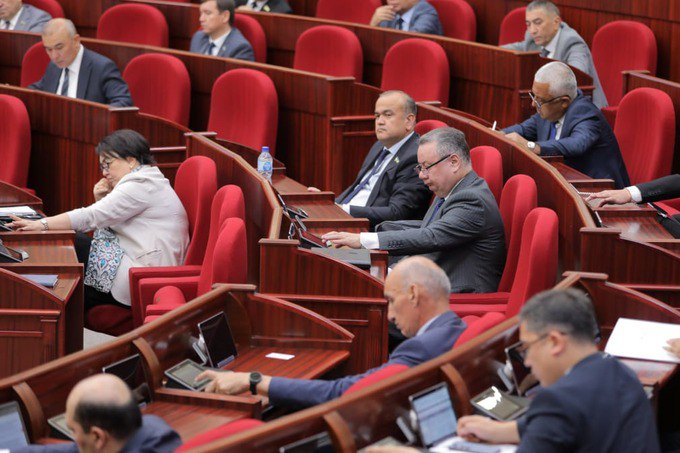Kazakhstan Considers Criminal Penalties for Dual Citizenship
Kazakhstan may soon introduce criminal liability for holding dual citizenship, a significant escalation from the current administrative penalties. The proposal was raised by Mazhilis deputy Bolatbek Nazhmetdinuly during the opening plenary session of the lower house of parliament’s new legislative term. Under Article 10, paragraph 3 of the Constitution and Article 3 of the Law “On Citizenship of the Republic of Kazakhstan,” Kazakh citizens are prohibited from holding citizenship of another country. Currently, violations are treated as administrative offenses and are punishable by fines of up to 300 Monthly Calculation Indexes (MRP), equivalent to nearly 1.2 million tenge (approximately $2,200) or administrative expulsion. Deputy Nazhmetdinuly argued that these measures are inadequate. “Those who hold second citizenship are no longer Kazakhstani. They do not feel a part of this country; they enjoy rights without fulfilling obligations. Often, they are beyond the reach of law enforcement due to extradition restrictions. We are aware of many such cases. That is why I will advocate for tougher penalties, up to and including criminal liability. I am confident my colleagues will support this initiative. Is the Ministry of Internal Affairs ready to back it?” he asked Interior Minister Yerzhan Sadenov. Minister Sadenov responded that the ministry would act in accordance with any new legal norms adopted by parliament. According to the Border Service of the National Security Committee (NSC), 1,190 cases of dual citizenship were identified at Kazakhstan’s borders in 2024, including 91 cases in January 2025 alone. Domestically, the Ministry of Internal Affairs (MIA) held 675 individuals administratively accountable for dual citizenship in 2024. Of these, 565 had acquired Russian citizenship, while others held citizenship from Turkey (26 cases), the United States (22), and Germany (11). Of those charged, 526 paid fines, while 149 were expelled from Kazakhstan. In January 2025, another 66 individuals were penalized, including 64 for acquiring Russian citizenship and one each for German and Kyrgyz citizenship. As previously reported by The Times of Central Asia, the government continues to support the repatriation of ethnic Kazakhs. As of early 2025, 65 ethnic Kazakhs holding foreign citizenship had received "Ata Zholy" cards, which grant the right to live and work in Kazakhstan for up to ten years.



